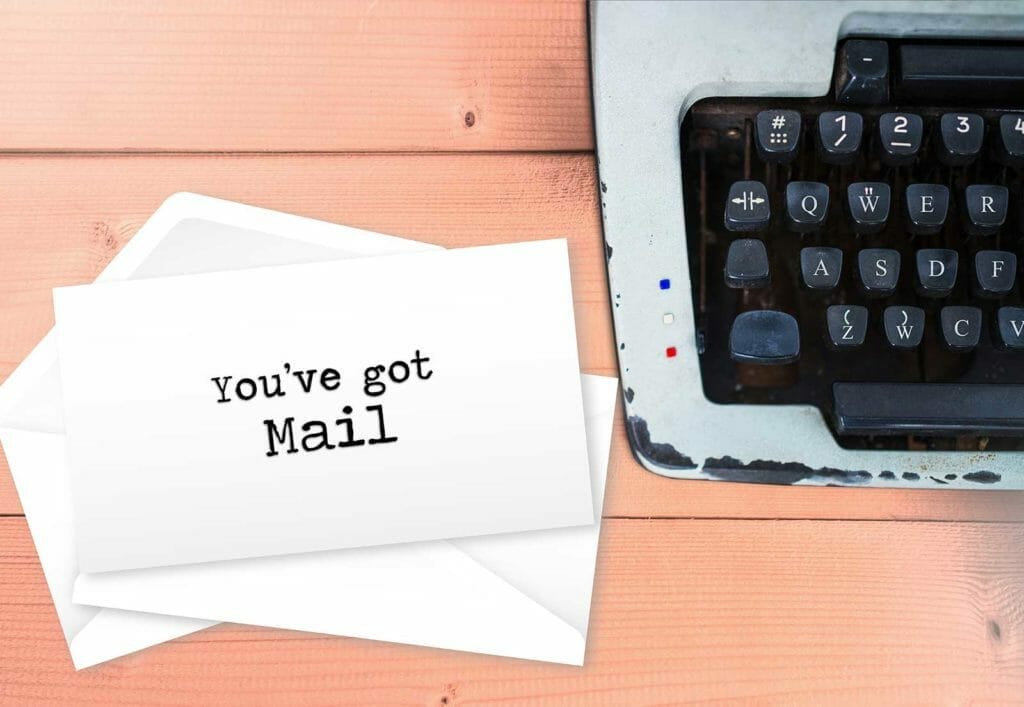You’ve got mail! But you have to check it.
Perhaps you read the story this past winter about the professor at City College in New York who, after being out of class for 13 months, finally checked the mail that had backed up in his office.
Along with mountains of junk mail and professional missives, he found a battered box that contained $180,000 in cash. The money was sent by an anonymous donor to the school, earmarked expressly for scholarships.
Wow! What development department is so well off they’d shun a $180,000 gift?
Spontaneous donors exist
Granted, this was both unexpected and an anomaly. Most donors want an organization to know they’ve given such a generous gift, though some prefer to remain anonymous.
The real story here is that donations may show up anywhere in your organization. Not all donors attend fundraisers or respond to direct mail. Some simply give on a whim, or at a certain time on their own agenda.
It’s important to reach out to anyone on staff who may come in contact with donors, especially at institutions where a grateful alumnus, alumni group, patient, or family member involved in a memorial might contact a staff member personally. A short form letter could outline procedure for reporting such a gift.
Be diligent about incoming communication
Development officers should be checking the mail often, answering voicemails, emails and letters from donors or potential donors. They should check with other department heads and principals in the organization to monitor all incoming or potential gifts.
Ben’s Takeaway: “Do due diligence. Check the mail, and have your staff members closely monitor theirs, too.”

